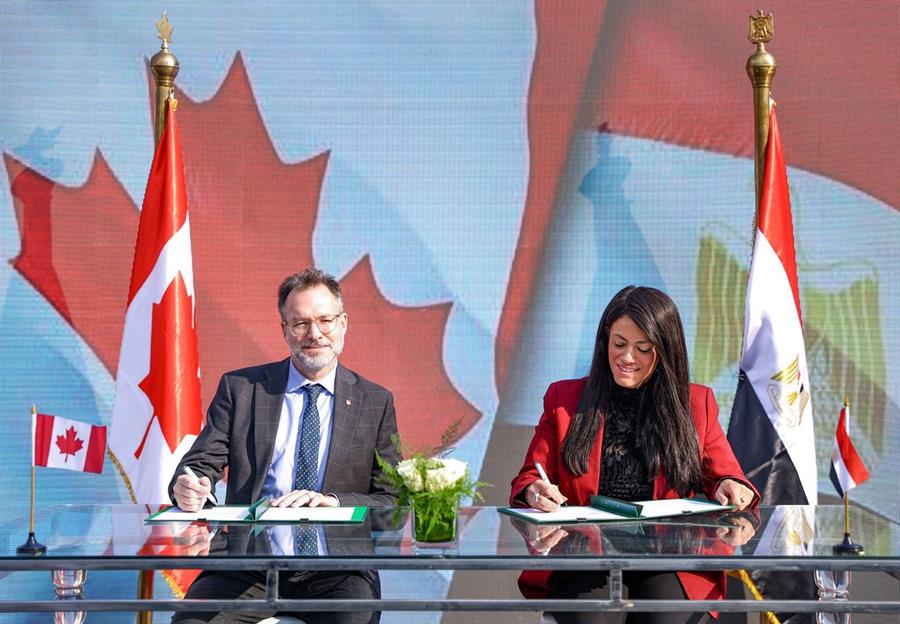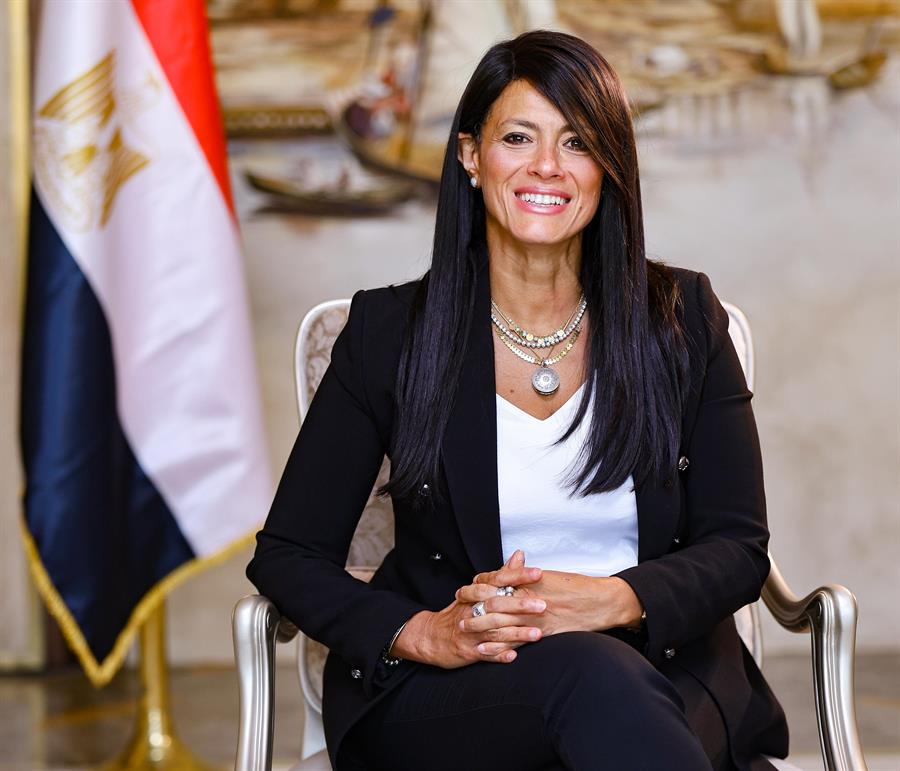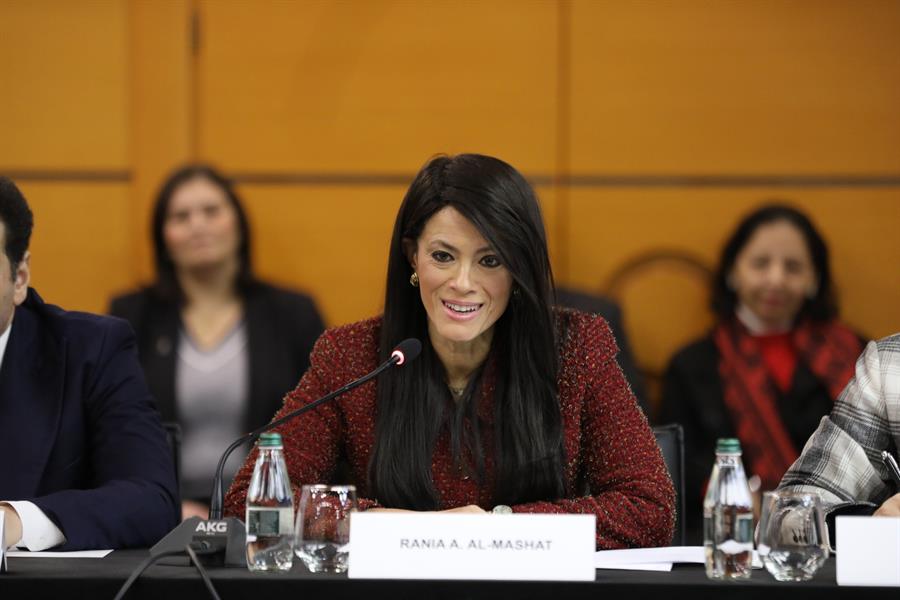Assistant to the Minister of Planning Deliberates on the Pivotal Role of "Decent Life" in Advancing Rural Development

30 December 2023
In a distinguished workshop hosted at the National Center for Social and Criminal Research, Dr. Jameel Helmy, Assistant Minister for Sustainable Development Plan Monitoring Affairs, represented the Ministry of Planning and Economic Development in a profound exploration of the impact and significance of the "Decent Life" initiative on rural development.
Under the thematic umbrella of "Rural Development on the Map of Egyptian State Policies: Decent Life," the workshop, part of the 23rd annual conference themed "Egyptian Countryside between Past Accumulations and Future Prospects," aimed to elucidate the transformative role of "Decent Life" in shaping the future of rural communities.
Dr. Helmy, at the forefront of this enlightening session, illuminated the distinctive features of the national project, "Decent Life," underscoring its paramount importance as one of Egypt's most extensive development endeavors, both in terms of financial investment and beneficiaries. Acknowledged by the United Nations for its comprehensive approach, the project is a catalyst for achieving all 17 Sustainable Development Goals, spanning economic, social, and environmental dimensions.
The Assistant Minister highlighted "Decent Life's" commitment to bringing about a revolutionary enhancement in services across rural Egypt. Noteworthy objectives include achieving 100% coverage of villages with sanitation services, a significant leap from the prior 37.5%. The project, constituting 50% of the first phase's cost, encompasses initiatives in sanitation, drinking water, expanded natural gas coverage, and the introduction of high-speed internet services in rural areas, aligning with the state's digital transformation efforts.
Speaking on the economic front, the General Supervisor of the "Decent Life" project emphasized its potential to generate employment opportunities, with 40% benefiting villagers during project implementation. The initiative facilitates access to small, medium, and microloans through financing associations and various banks, fostering job creation, entrepreneurship, and supporting local handicrafts and product manufacturing.
The environmental dimension of "Decent Life" was brought to the forefront, with 30% of allocations dedicated to green investments.
The "Green Village" initiative emerged as a cornerstone, aligning villages with global environmental standards and creating green job opportunities in rural Egypt.
Dr. Helmy presented "Decent Life" as a unifying force for national projects in Egypt, contributing significantly to the realization of national strategies, particularly the National Human Rights Strategy. The project addresses economic, social, and cultural rights, as well as the rights of women, children, and people with disabilities, embodying a comprehensive initiative with wide-ranging societal benefits.
Emphasizing the cultural component, Dr. Helmy stressed its pivotal role in developing awareness and values in targeted villages. Focus areas include work ethics, entrepreneurial thinking, savings culture, and community awareness. The cultural aspect within "Decent Life" is considered essential for the holistic development of infrastructure.
In addressing the governance of the "Decent Life" project, Dr. Helmy outlined the establishment of fair standards to identify target areas, scientifically monitoring developmental gaps, and the significance of measuring the project's impact post-implementation.
Preparations are currently underway for a survey in collaboration with the Central Agency for Public Mobilization and Statistics to comprehensively assess the developmental impact of the initiative.









